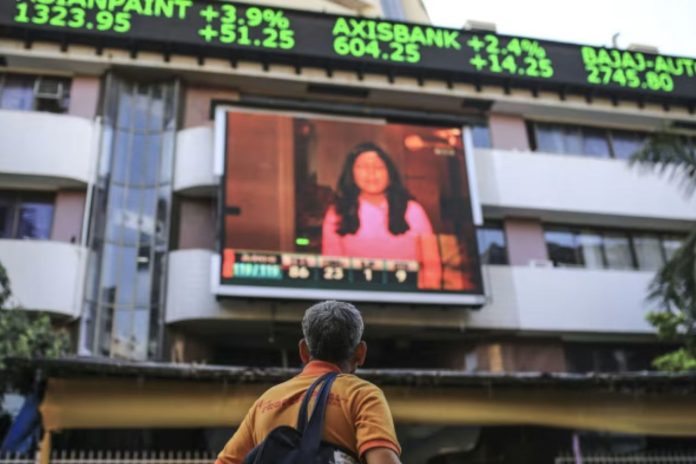Boycotts Surge in France Against Major Global Brands Amid Gaza Conflict
A growing consumer boycott movement in France is targeting major international brands, including McDonald’s, Coca-Cola, and Starbucks, as consumers express opposition to perceived connections with Israel during the ongoing Gaza conflict. The trend is creating a ripple effect across FMCG stakeholders, as economic and reputational pressures mount.
McDonald’s has been particularly hard-hit. Since the onset of the Israel-Hamas war in October, several of the QSR giant’s franchisees in Muslim-majority countries have issued pro-Palestinian statements distancing themselves from McDonald’s Israel. The backlash intensified globally when McDonald’s Israel distributed thousands of free meals to Israeli soldiers. McDonald’s France posted an Instagram clarification in response, emphasizing it operates independently and does not fund or support any government or armed force. Despite this, the brand saw sales in the Middle East and some European markets notably softening in Q4 2023, unsettling analysts accustomed to McDonald’s consistent performance.
Coca-Cola and Starbucks are also facing boycott-related pullbacks. While these brands have not released statements connecting them directly to the conflict, longstanding perceptions persist among some consumer groups. In the case of Starbucks, past accusations regarding union-busting have further exacerbated reputational vulnerabilities, while Coca-Cola faces scrutiny over decades-old claims of pro-Israel affiliations.
Tesla has become an unexpected addition to the boycott list. The electric carmaker drew ire after a photograph circulated showing CEO Elon Musk touring an Israeli kibbutz destroyed by Hamas. As social media continues to amplify perceived brand stances—or lack thereof—FMCG and consumer brands increasingly find themselves navigating complex geopolitical terrain.
The economic implications are already visible. McDonald’s CEO Chris Kempczinski acknowledged during a recent earnings call that the war “has had a meaningful business impact,” particularly in Muslim-majority markets. Brand trust, regional franchisee autonomy, and global messaging coherence now play a critical role in maintaining consumer loyalty.
As geopolitical tensions intersect with brand perception, FMCG companies must reassess their stakeholder communication strategies. Transparent, locally adapted messaging and culturally sensitive franchise policies are becoming not only good PR but strategic imperatives to safeguard brand equity and sales performance worldwide.

